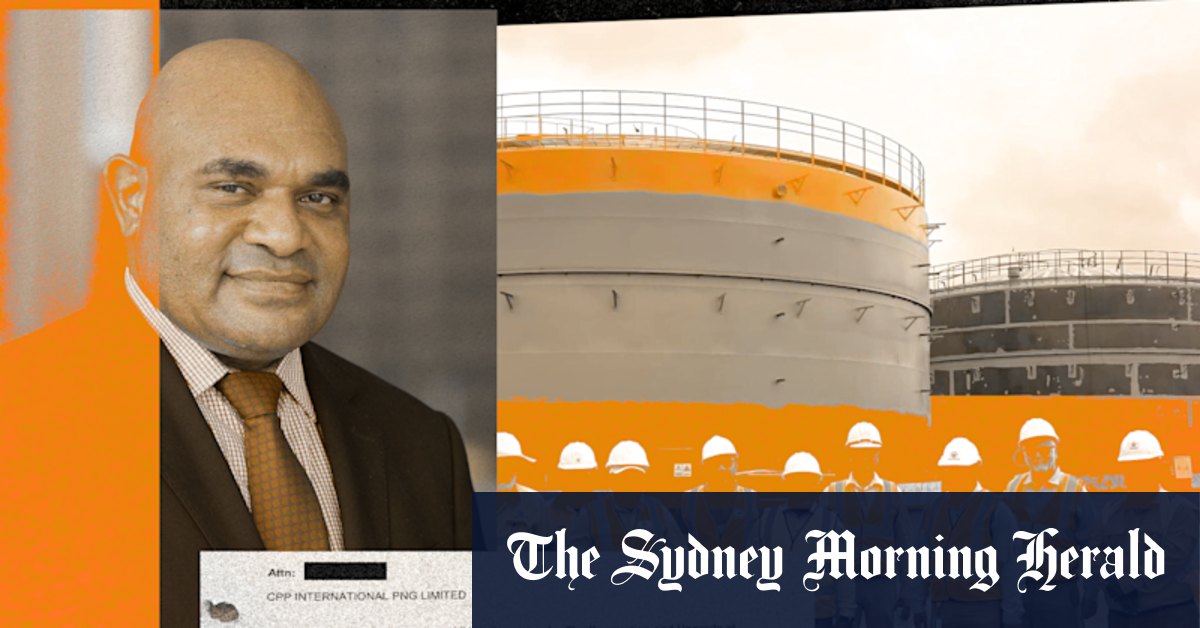“If you are entrusted with leading a state institution — whether as a departmental head, CEO, or managing director — your personal and professional conduct must be beyond reproach. There is no room for impropriety. Our SOEs [state-owned enterprises] must be models of transparency and good governance,” the prime minister said.
This masthead last week revealed secret dealings between Kumul Petroleum and the China Petroleum and Pipeline Engineering Corporation over a $30 million wharf upgrade at Motukea in which the Chinese operation was told to direct a contract to an Australian company owned by Sonk.
Sonk did not provide answers to questions sent to him by this masthead last week, but his lawyers wrote: “Our client denies any and all allegations of improper or unlawful conduct that you assert.”
Marape has asked Sonk for a written explanation and said he had also requested this masthead provide material relating to its reporting, to assist with the probe.
He said the investigation was about “governance, transparency, and protecting the reputation of Kumul Petroleum, which is a key institution of our economy and has international relationships to maintain” but it was “not a witch hunt”.
“These matters were raised by the Australian press and are now under international scrutiny. But let me be clear — Mr Wapu Sonk, like any citizen, is innocent until proven otherwise,” the PNG leader said.
Loading
Kumul Petroleum has a joint stake in PNG’s largest energy project, PNG LNG, with Australian company Santos and US giant ExxonMobil.
Marape said the matter was a setback for PNG at a time when the government had been lobbying for more international investment in the energy sector to expand the country’s oil and gas capacity.
Aopi’s appointment was made before the controversy erupted, according to the prime minister, but came “at a time when our national oil and gas company needs credible, steady leadership to uphold its integrity and reputation”.
The Albanese government has committed $600 million over 10 years to its Pacific rugby league soft diplomacy venture, which was devised to bed down security ties in the region as China seeks to deepen its influence.
While $290 million will go towards the PNG NRL team itself, $250 million has been set aside for the development of the game in the Pacific. The remaining $60 million is to be distributed between the 17 existing NRL clubs as a licence fee for the new team.
Get a note directly from our foreign correspondents on what’s making headlines around the world. Sign up for our weekly What in the World newsletter.

